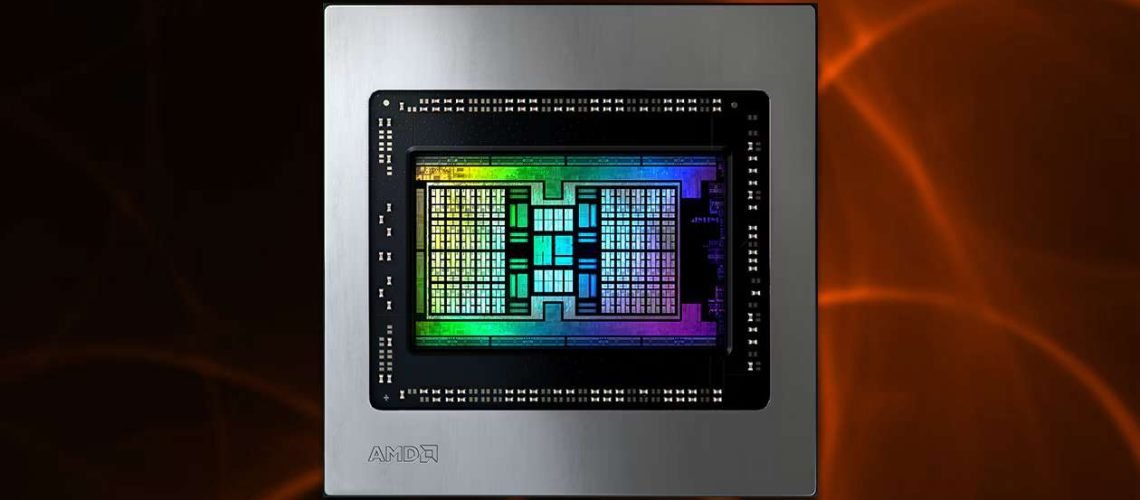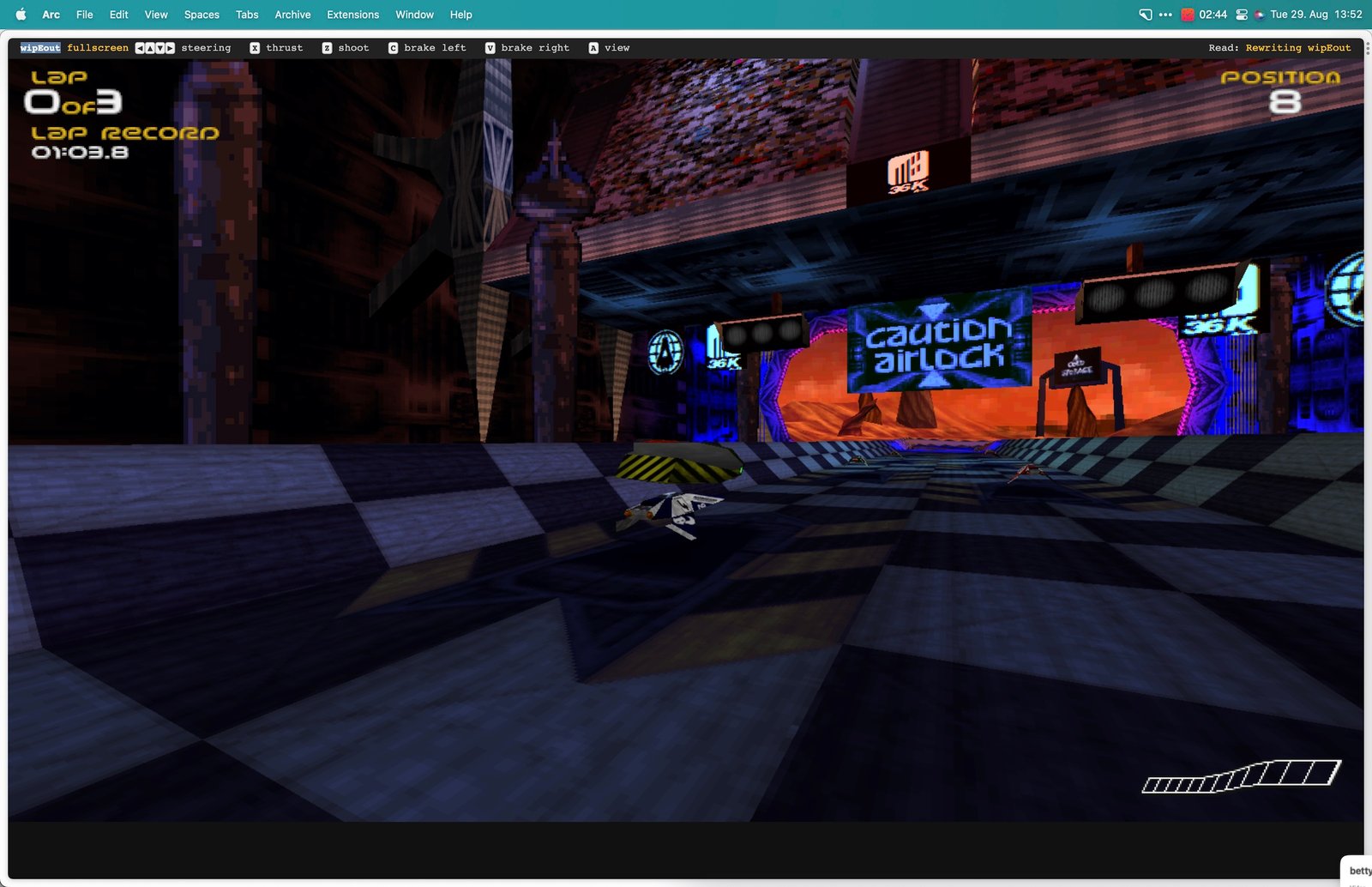Musicians updating to AMD’s latest-and-greatest Ryzen 9000 Series / Ryzen AI 300 Series CPUs have found they’re unable to use PACE’s iLok License Manager and plug-ins that use its copy protection scheme. Fortunately, a fix from AMD is inbound that should resolve the issue. Here are the details.
Thanks to Matthew for sending this my way. The issue concerns an obscure issue with AMD’s Zen 5 microarchitecture (Ryzen 9000 Series and Ryzen AI 300 Series), which causes iLok copy protection software to fail. It’s a showstopper for music because so many plug-ins rely on PACE copy protection. You can read various frustrated user reports:
iLok Breaks UA Connect on Windows 11 [ Reddit – user initially believes this is Windows related, but the variable is a 9000-series CPU]
iLok License Manager issues on AMD 9000 Series CPUs [Image-Line forum, though this only impacts 3rd-party plug-ins, not Image Line / FL Studio]
9900X CPU Makes Music Production Impossible [AMD forum – yeah, that got their attention]
(I also confirmed this with the great support/engineering team at Soundtoys.)
Here’s the official support page for iLok:
The good news is, a fix is coming soon. I’m often inclined to blame PACE first (sorry), but this one sounds like an AMD bug, as in a quality issue with their CPU. If you do have one of these CPUs, you’ll have to make do for October, but in November you should get some relief. PACE reports that AMD has responded as follows:
Please note AGESA ComboAM5 1.2.0.2A, the latest AMD AM5 Desktop SBIOS, is currently completing QA testing for stability and reliability, and is expected to appear in production BIOSes by early November. This update will enable PACE iLok Anti-Piracy software to run on AMD “Zen5” based processors.
I don’t have any information on whether there are other user problems around this architecture; it may simply be that iLok here surfaced an obscure issue that would have otherwise gone unnoticed. The usual advice applies: because of the wide variety of software we run for music production and how intolerant they are of performance issues, early adoption of new architectures and operating systems comes with risk on any platform (Intel and AMD Windows or Linux, Apple Silicon/macOS, etc.).
Many third-party plug-in developers have decided they can better cope with their own custom copy protection systems; others remain loyal to PACE to get that development work out of their hands. But this case – if I understand the issue correctly – is more an illustration that we’re also at the mercy of hardware makers and the complex microarchitecture and firmware stack they run on. And look at that thing; we’re making microscopic supercomputers out of sand and rare minerals and then running an untold mass of code on them.
See, isn’t it impressive anything works at all? Anyway, hope this fixes this for you soon – hang in there.




